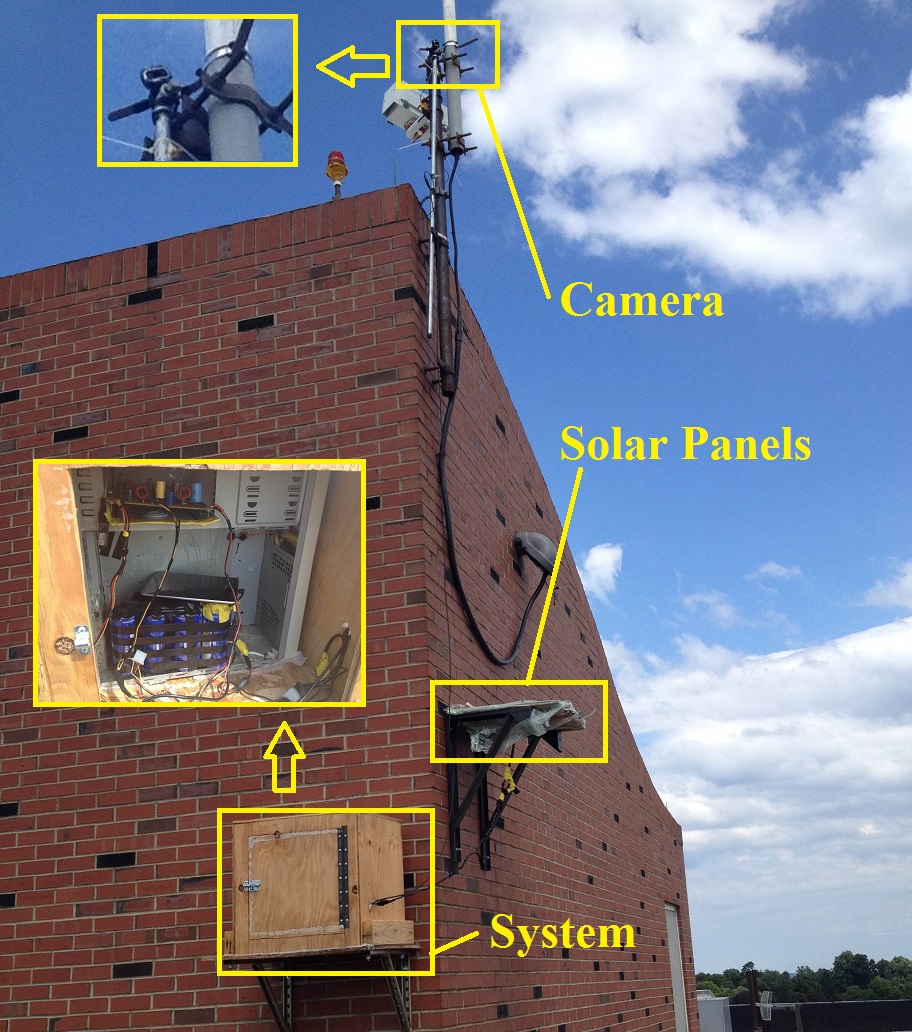Data-driven intelligence is an essential foundation for physical systems in transportation safety and efficiency, area surveillance and security, as well as environmental sustainability. This project develops new computer system infrastructure and algorithms for self-sustainable data-driven systems in the field. Research outcomes of the project include (a) a low-maintenance, environmentally-friendly hardware platform with solar energy harvesting and super capacitor-based energy storage, (b) virtualization software infrastructure for low-power nodes to enable inter-operability among distributed field nodes and from/to the data center, and (c) new image and data processing approaches for resource-adaptive fidelity adjustment and function partitioning. The synergy between the self-sustainable hardware, system software support, wireless communications management, and application data processing manifests through global coordination for quality-of-service, energy efficiency, and data privacy.
This picture illustrates our deployment on a seven-story building rooftop that includes a camera, a block of solar panels, and a system box. The system box contains a Nexus 7 tablet computer (without its internal rechargeable battery) sustained by eight Maxwell 3000 Farad supercapacitors (wrapped in black tapes), and a custom-built controller board (at the top of the box). The energy buffering capacity of the supercapacitors is about 1.4 times that in the original Nexus 7 battery.
